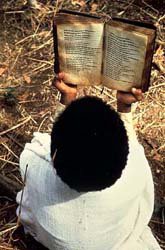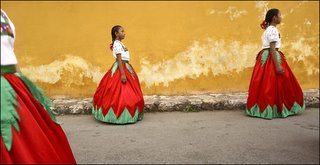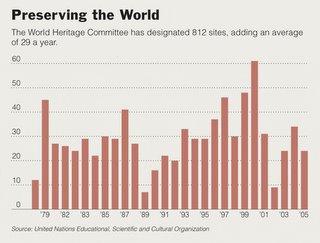There has been a change in the speaker lineup for this symposium on UNESCO to be held as part of the AAAS Annual Meeting in St. Louis. The correct information follows:
DATE: Friday, February 17, 2006
TIME: 8:30 AM - 10:00 AM
ORGANIZER: Irving Lerch, Americans for UNESCO
PARTICIPANTS:
Laurel Baldwin-Ragaven (Moderator), Trinity College
Marcio Barbosa* (Speaker), United Nations Educational, Scientific, and Cultural Organization (UNESCO), Paris
The View from UNESCO
Walter Erdelen* (Speaker), UNESCO
The Impact of the UNESCO Science Program
Marguerite Sullivan (Speaker), U.S. Department of State
The View from the U.S. Government
Bruce Alberts (Speaker), University of California, San Francisco
The Role and Viewpoint of the National Academies
Rita Colwell (Speaker), University of Maryland and Canon U.S. Life Sciences Inc.
The Role and Expectation of the Learned and Professional Societies
Laurel Baldwin-Ragaven is the Henry R. Luce Professor of Health and Human Rights in Trinity College, and current Chair of the AAAS Committee on Scientific Freedom and Responsibility.
* Please note that UNESCO Deputy Director General Barbosa and UNESCO Assistant Director General Erdelen are listed as unconfirmed speakers. This is due to the fact that hard commitments cannot be made long before the event. However, the organizers have been assured of their desire to attend and participate in this discussion.






